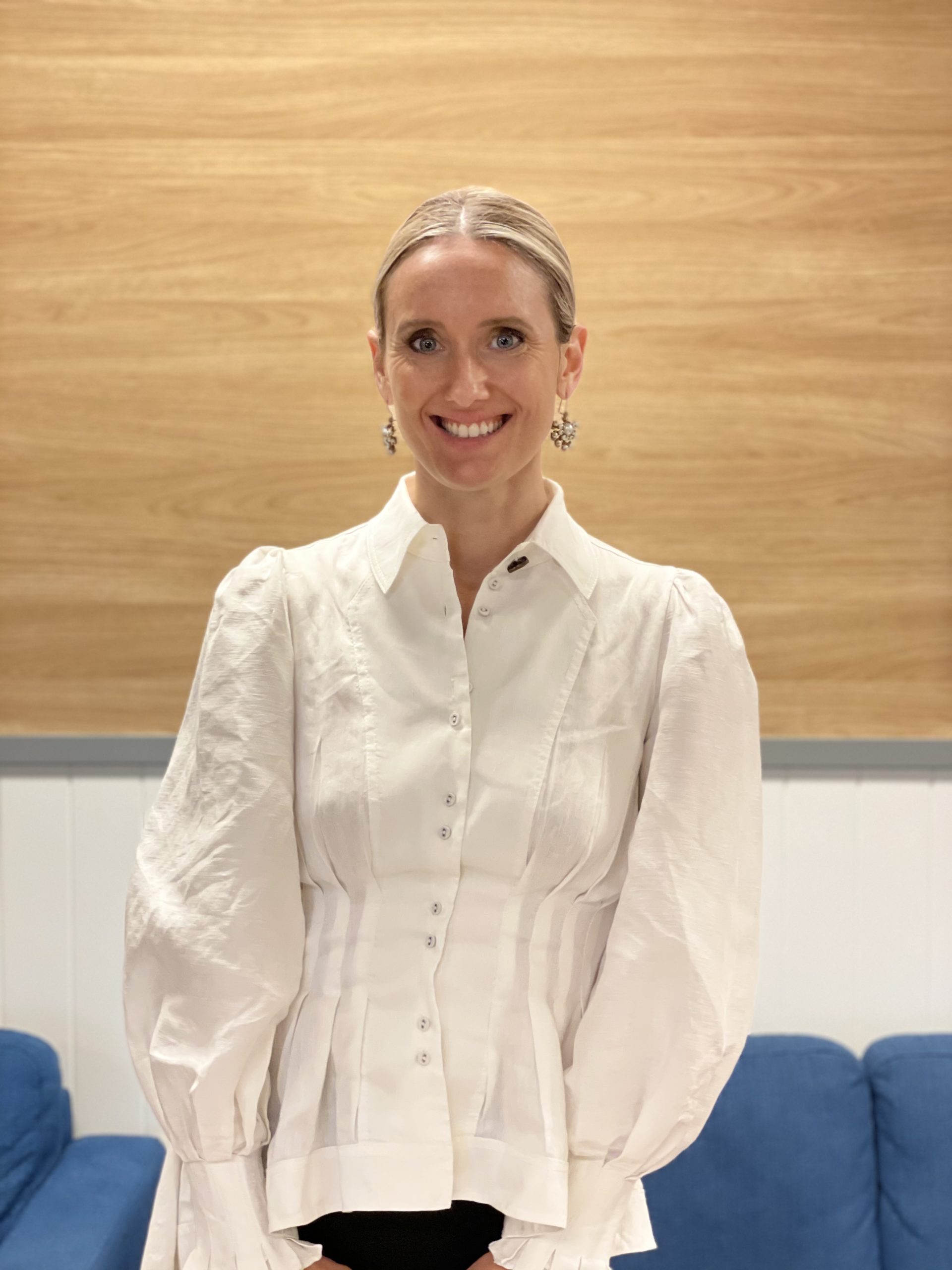Weight loss surgery is one part of your journey to better health. That’s why long term follow-up with a multidisciplinary team is important to ensure your ongoing success.

Dr Moni (MonPetta) Brunt-Mackenzie sees our bariatric patients for routine reviews after surgery. With a special interest in the area, she brings her medical expertise to the team, to help keep you on track with your weight loss and nutrition, and ensure your long term success.

With over 30 years of experience, dietitian Julie Albrecht will guide you through your pre and post operative dietary requirements, and tailor a meal plan to suit your individual needs. With extensive experience in bariatrics, Julie will help you maintain healthy nutrition and weight loss.

Qualified as a Registered Nurse since 2007, Ali is an accomplished member of the multi-disciplinary team. Her diversity of previous roles range from being a Clinical Nurse Specialist within a leading paediatric hospital, to a treatment room coordinator in the GP setting, focusing on acute and chronic health issues.
More recently, she has dedicated herself to the field of bariatric and metabolic surgery as she is deeply passionate about this area, and the value it can bring to people’s lives. Alongside the clinical aspects of the surgical journey, Ali oversees Dr Puhalla’s research .
If you have any questions about the surgical journey, need help troubleshooting an issue, or simply want to celebrate your success, please speak with our nurse!
During the 6 to 8 weeks following surgery, you will have a progressive plan that increases the texture of your foods. This is to allow for healing of the surgical site and assist with increased gastrointestinal function. Phase 1 is the fluid phase which typically lasts 2 weeks followed by the puree phase also lasting 2 weeks.
The final two phases sloppy and minced/mashed slowly upgrade you onto normal textured foods again. These final 2 phases will vary between 1-2 weeks each depending on various factors (e.g. tolerance, bowels, weight progress etc.).
Once you have safely upgraded to full foods we then explore your relationship with food and ensure your long-term success. Weight loss will continue over the initial 9 to 18 months following surgery.
We will work alongside your goals to create new habits and rituals of eating, movement and exercise. You will build your nutritional knowledge using food to fuel yourself to long term success.
Your initial appointment is a discussion of your lifestyle, medical background, medications, bowel habits, eating and exercise patterns. We design short and long term goals to work through the journey.
With this information, we create the ‘preparation phase’ nutrition plan that focuses on reducing fat accumulation around the liver (medically known as hepatic steatosis). The preparation phase typically lasts for 2 weeks however is altered to suit targets.